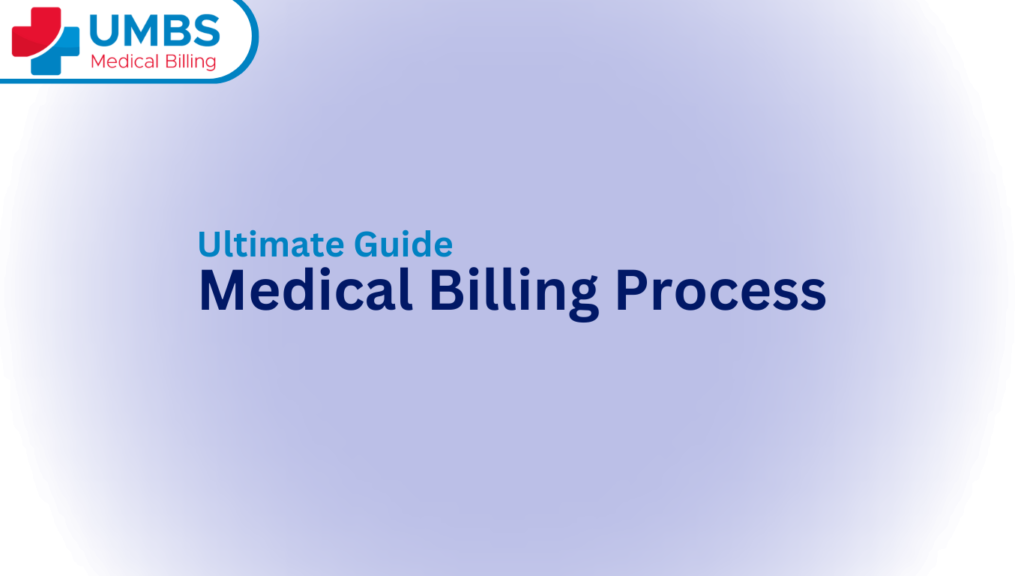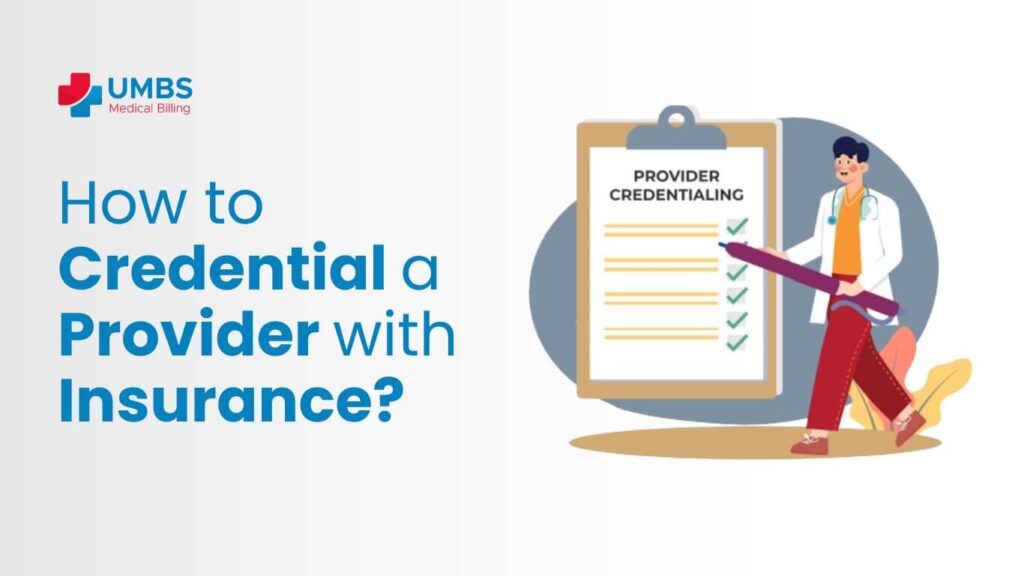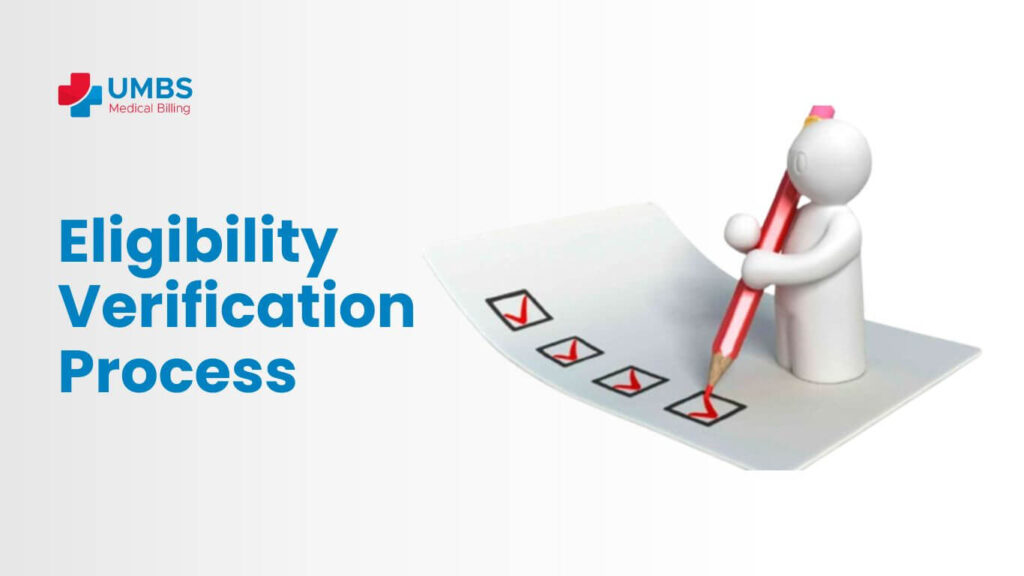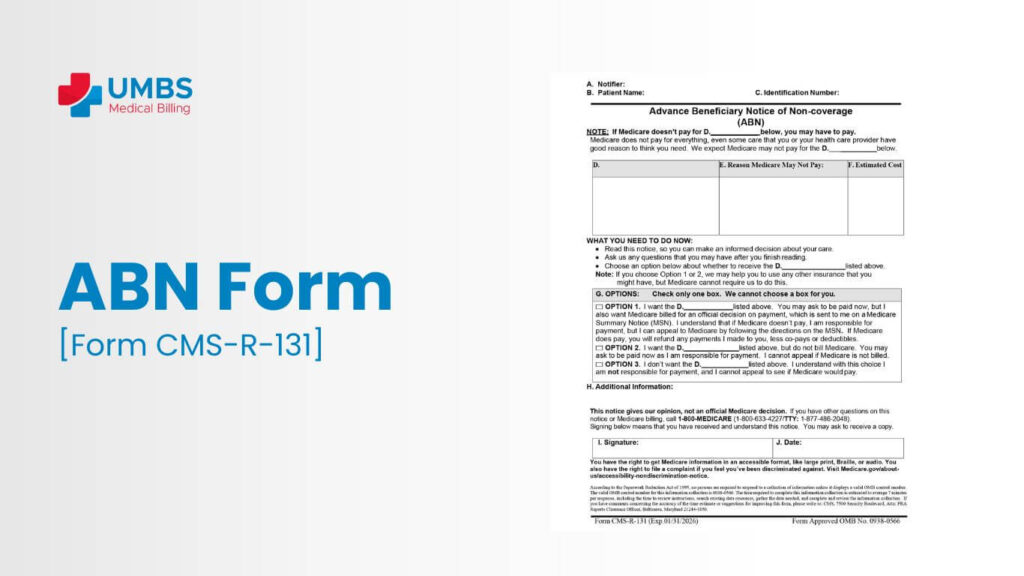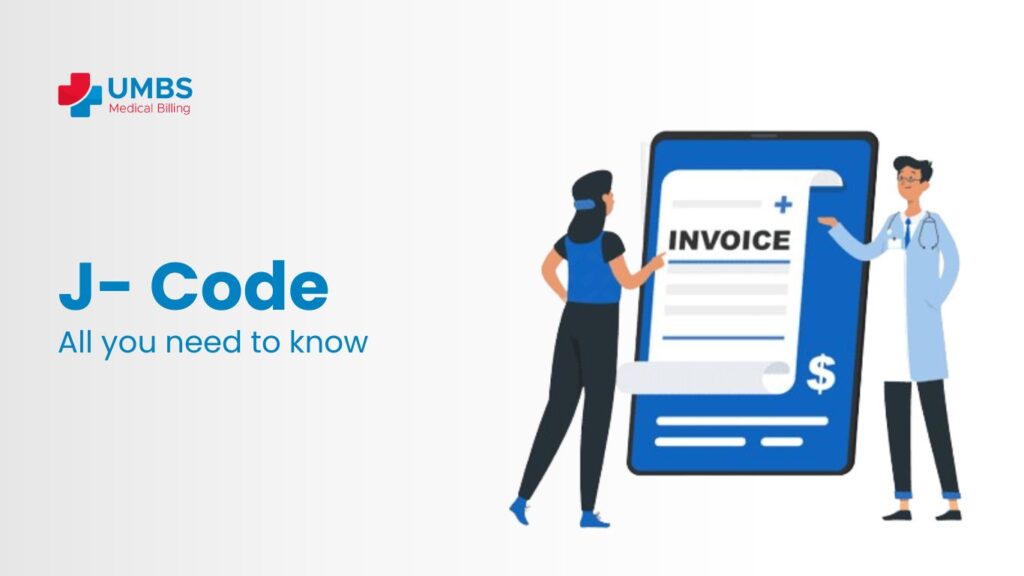Why Ink Color Matters in Medical Documentation
Medical documentation is a big part of healthcare. It includes notes, charts, and records that doctors, nurses, and other medical staff write to keep track of a patient’s care. These records help make sure patients get the right treatment, and they’re also used for billing, legal protection, and future check-ups. While it may seem like […]
Why Ink Color Matters in Medical Documentation Read More »




